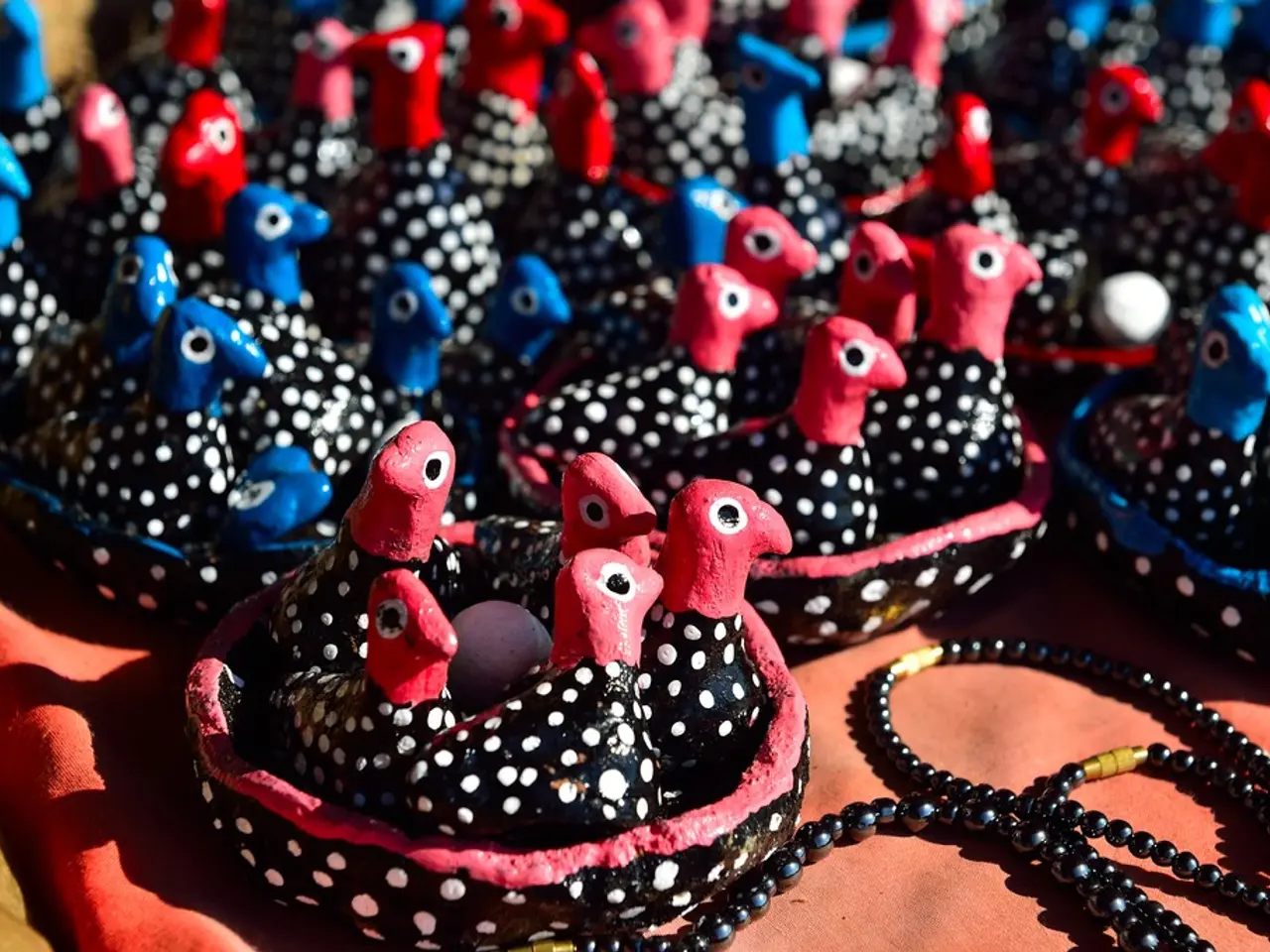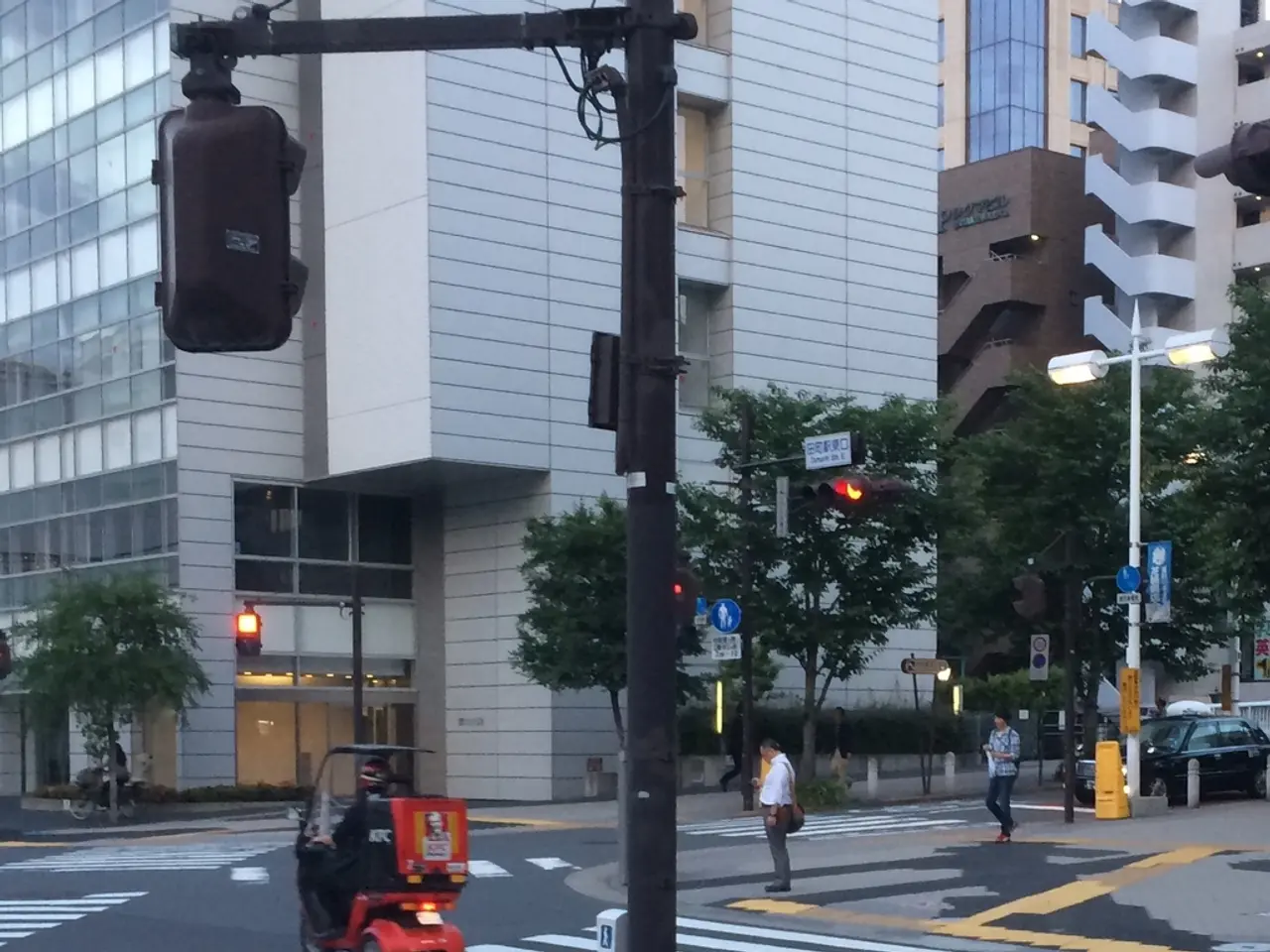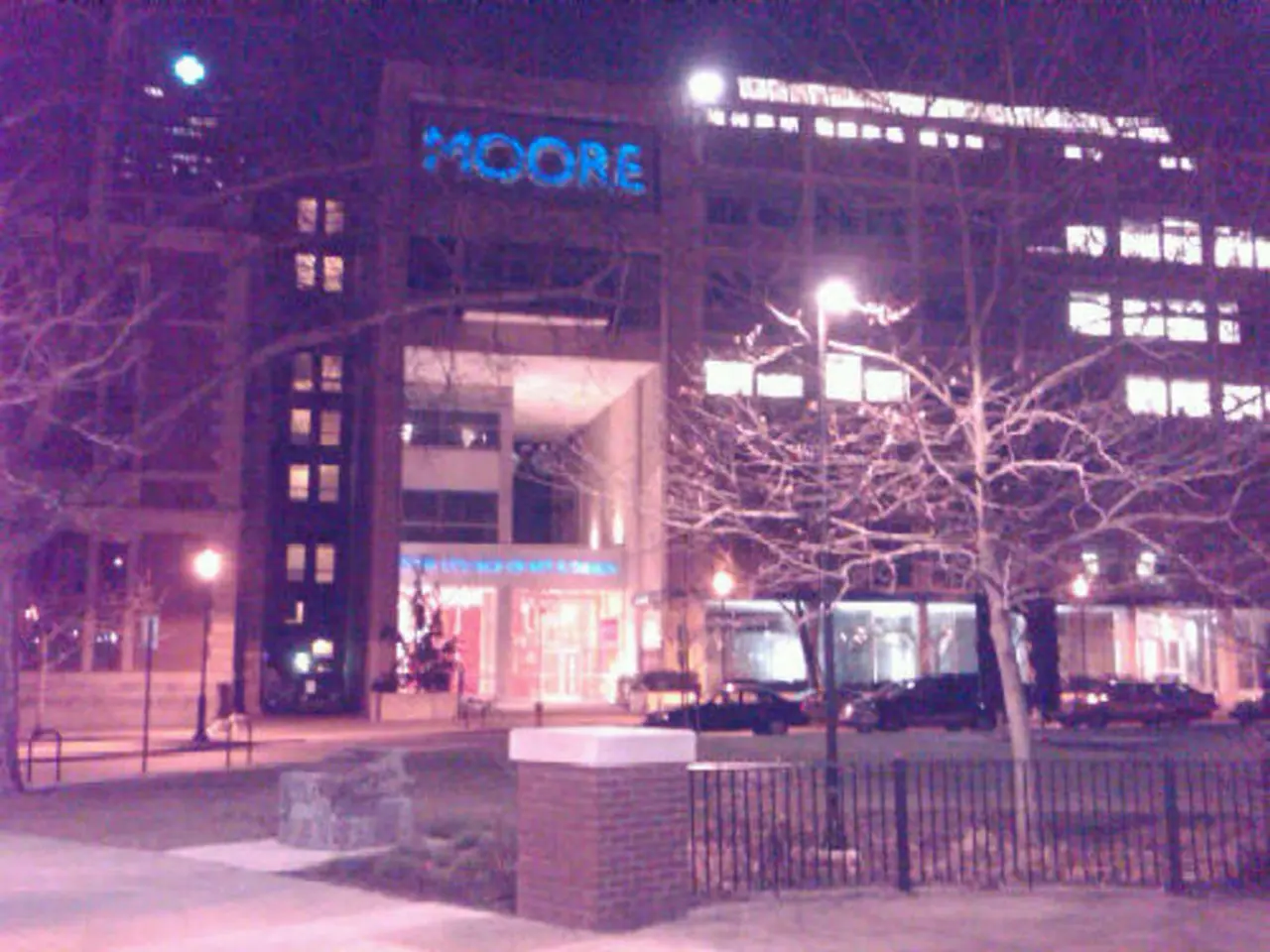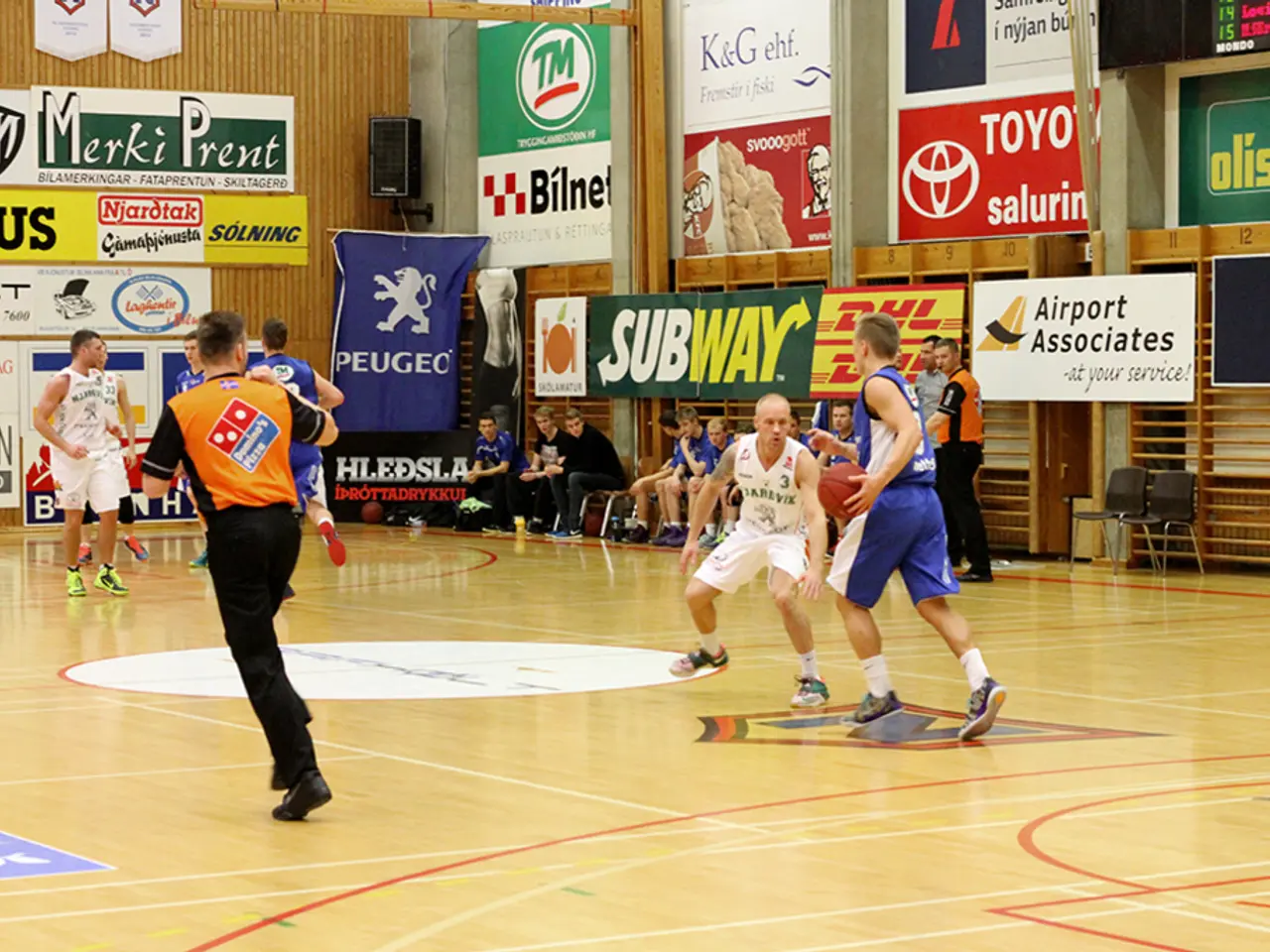Restoring the Pearl Trade in the United Arab Emirates
In the heart of the United Arab Emirates, a contemporary effort is underway to restore the region's historic pearling legacy. Abdulla Al Suwaidi, a man driven by a deep sense of responsibility to protect his family's legacy in the pearling industry, is at the forefront of this revival.
Al Suwaidi's Suwaidi Pearls farm, nestled in the primeval and wild Al Rams saltwater lagoon in Ras Al Khaimah, is a testament to this endeavour. The lagoon, with its increased oxygen levels due to rainwater from the Al Rams mountain, provides an ideal environment for the Pinctada Radiata oyster, the breed used for cultured pearl farming.
Al Suwaidi's approach is a unique blend of tradition and modernity. Guided by his grandfather's knowledge and driven by a desire to preserve this heritage, he gave up a diplomatic career to revive traditional pearl diving. He combined traditional knowledge with modern scientific methods to explore oyster viability along the UAE coast.
The result is a thriving pearl farm that yields approximately sixty cultured pearls in a batch of one hundred oysters, of which roughly ten may be of high quality. This is a significant achievement, considering that over ninety percent of pearls on the market are cultured.
The allure of pearls transcends nationalities, cultures, and earthly concerns. For centuries, they have been symbols of purity, generosity, integrity, fertility, and loyalty. The history of Gulf pearls is deeply tied to the economic and cultural life of coastal communities in the UAE, especially before the oil discovery.
The industry declined sharply due to various factors, including the impact of the World Wars, the advent of Japanese cultured pearls, and the discovery of oil in the mid-20th century. However, Suwaidi Pearls aims to change this narrative.
From 2018, Suwaidi Pearls will offer exclusive tours of their farm, providing insight into cultured pearls and the history of Arabian pearls. Diving enthusiasts will have the chance to explore the Al Rams lagoon and pearl beds of varying stages of development.
What sets Suwaidi Pearls apart is their heritage and the use of molluscs from the shores of Al Rams. Each pearl is a product of nature's beauty and time, with a strand taking eight years to collect. The pearls exhibit thirteen colours, each as unique as the mollusk from which it came.
Interestingly, the colour of a pearl is not caused by pigment but by structural colour resulting from interference effects, and it will be the same as the mollusk's lips in which it grew. This natural beauty is preserved at Suwaidi Pearls, as Abdulla Al Suwaidi does not dye, irradiate, or treat the pearls.
The quality and speed of Suwaidi Pearls are distinctive. The first layer of nacre is produced after one month, as compared to Japanese cultured pearls in which the first layer is produced after six. This rapid growth rate is a testament to the unique environmental conditions of the Arabian Peninsula, which have long been celebrated for producing some of the world's most perfect pearls.
As Suwaidi Pearls continues to grow, it serves as a beacon of hope for the revival of the UAE's pearling industry. The farm will also open its state-of-the-art floating laboratory and Pearl Art House to the public, offering a glimpse into the world of pearl farming and the rich history of Arabian pearls.
In a region once dominated by the pearling industry, Suwaidi Pearls is a reminder of the past, a symbol of the present, and a promise for the future. It is a testament to human resilience, innovation, and the enduring allure of pearls.
- Abdulla Al Suwaidi, through Suwaidi Pearls, will provide exclusive workshops about the history and cultivation of Arabian pearls in 2018.
- Apart from traditional pearl farming, Suwaidi Pearls also houses a membership-based Gemmology program, offering courses on the identification, classification, and evaluation of pearls and gemstones.
- As the pearling industry revives, Suwaidi Pearls plans to publish informative literature and gatherings about pearl farming, pearl culture, and the evolution of the pearling industry in the United Arab Emirates. Their aim is to educate the public and encourage responsible gaming at casino-and-gambling establishments by drawing parallels between the patience, care, and attention to detail required in pearl cultivation and the strategic play in casino games.




